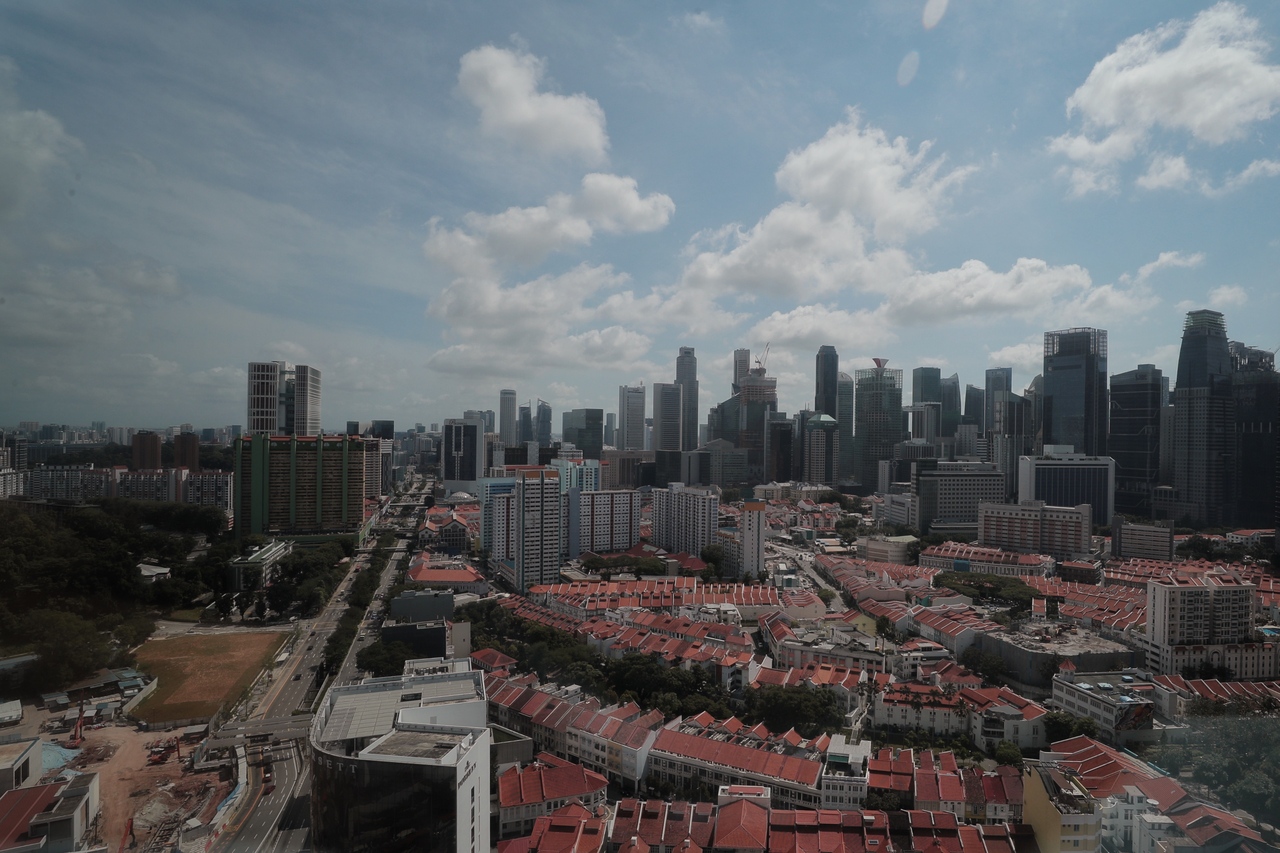Coronavirus: Hotels among lodgings being used to house foreign workers from dormitories
Sign up now: Get ST's newsletters delivered to your inbox

Singapore Tourism Board did not specify how many hotels and which ones are being used to house foreign workers from dormitories.
ST PHOTO: JASON QUAH
SINGAPORE - Hotels are among the alternative lodgings used to house foreign workers, even as the Government tackles the increasing number of them who are testing positive for Covid-19 at dormitories across the island.
Responding to queries from The Straits Times, Singapore Tourism Board's (STB) director of hotel and sector manpower, Ms Tan Yen Nee, said the move will help reduce the spread of Covid-19 at existing foreign worker dormitories by reducing the number of people there.
"Doing so enables safe distancing measures to be implemented more stringently and more effectively," she added.
The STB did not specify how many hotels and which ones are being used to house foreign workers from dormitories.
Ms Tan added that hotels across different tiers are assessed based on whether they meet operational requirements to be used as temporary accommodation for foreign workers.
This includes factors such as trained manpower, proper security arrangements and infection control precautions.
Such hotels are also used to house workers from Malaysia, who continue to work in Singapore and are unable to head back home due to the current movement control order in Malaysia, noted Ms Tan.
"The Government is closely monitoring the evolving Covid-19 situation and will activate additional facilities, if needed, to provide alternative accommodation for workers," she added.
Foreign worker dormitories have been a growing source of concern during the Covid-19 outbreak, with a number of the 43 large purpose-built dormitories as well as smaller factory-converted dormitories becoming infection clusters.
As of Thursday (April 16), the number of infected workers linked to dormitories is more than 2,600, or about 60 per cent of cases here.
Earlier this week, the authorities said about 7,000 foreign workers in essential services living in purpose-built dormitories moved into alternative living areas, such as military camps, floating hotels and vacant Housing Board blocks.
During a recent media conference, Minister for National Development Lawrence Wong, who co-chairs the multi-ministry task force tackling the outbreak, said that the number of workers in each dormitory needs to be reduced so that effective public health measures can be put in place.


